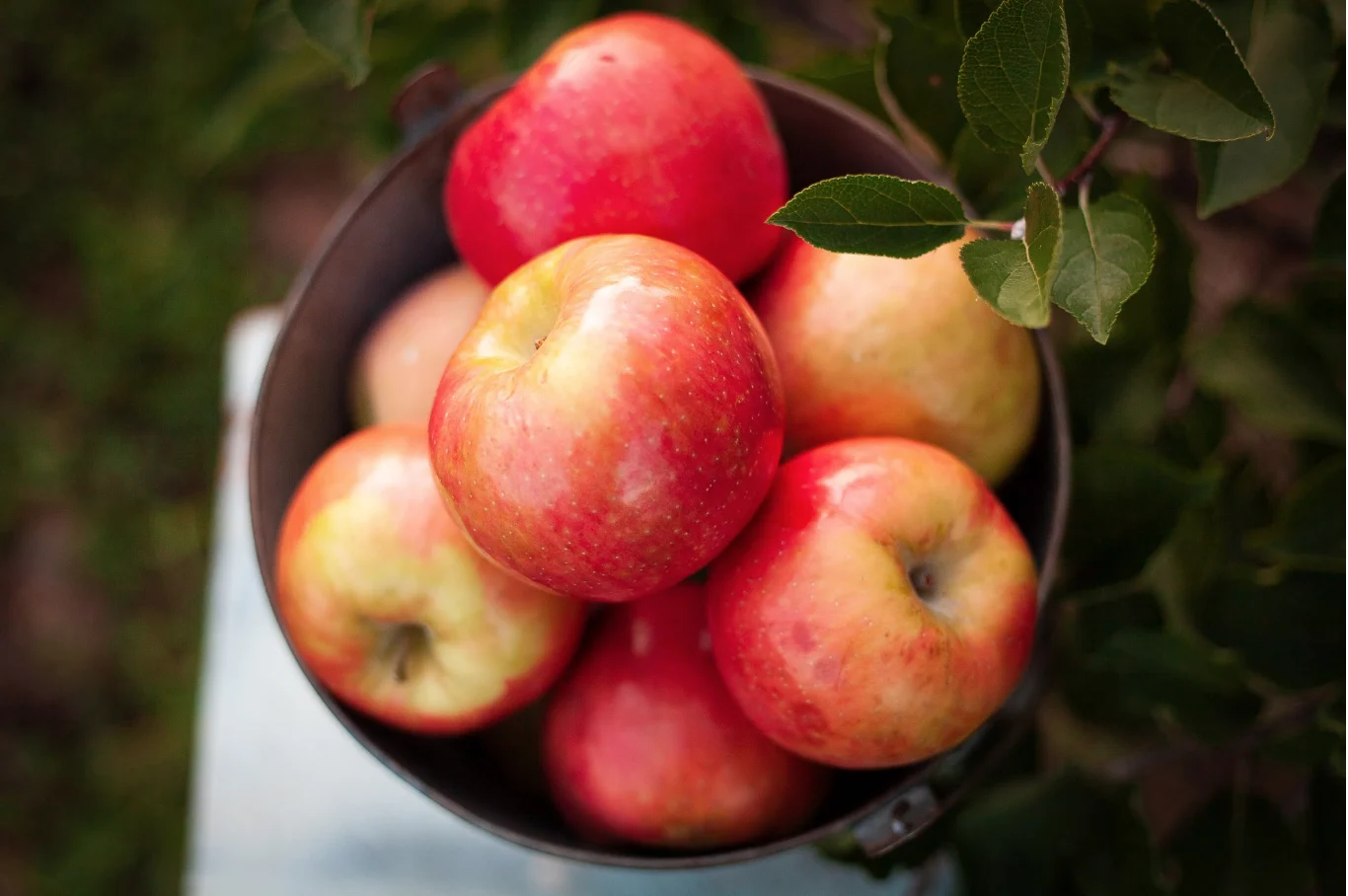
Five ways to boost your health this fall
Don't wait to make it your New Year's resolution. Right now is an excellent time to look over your lifestyle and begin to adapt a healthier routine!
As a survival instinct, our body wants to naturally warm itself, so the signal goes off to fire-up our appetite.
The food we consume gives us energy and warmth. We also feel hunger differently during fall and winter because we burn more calories due to the cooler temperatures, and therefore look to food for energy.
Nutritionist Diane Murphy has some advice on combating the extra hunger. Before reaching for starchy carbs, she recommends trying this first:
Slow down. It takes 20 minutes for your brain to tell your body that it’s full. Eating fast will cause you to squeeze in more food. Try eating with chopsticks.
Eat fall foods! Take a look at what is in season: apples, squash, pumpkins, leeks and peppers. These are loaded with nutrients and can be enjoyed in a variety of recipes. Try any of them blended into a soup.
Instead of eating while watching TV or working on your laptop, take some time away from technology and enjoy your food.

(Getty Images)
IT’S TIME TO REFRESH THE AIR FILTER
This is an easy one to forget! However, a fresh air filter is a great way to cleanse the air inside your home, allow your appliances to work more efficiently and potentially decrease your energy bill.
Switching the air filter may be more important than ever before in provinces like BC where intense wildfires were a major concern. The pollution from these fires can easily travel into your home and your filter may be reaching its max capacity after this season.
Find the right size filter by measuring your device. It should easily slide into your air return.
START SHOPPING FOR THE SUNSHINE VITAMIN
Our next step to a healthier fall includes vitamin D. The days are growing shorter and your body is naturally producing less vitamin D. Right now is the time to find a supplement that works for you.
Pharmacist Victor Wong has some advice for you when picking a supplement:
Look for the concentration of vitamin D per dose, expressed as international units, or short form as ‘IU’.
Health Canada recommends 600 IU of vitamin D each day for anyone between 9 to 70 years old and 800 IU anyone over 70 years old, with a maximum of 4000 IU per day. Children 1 to 8 years old should be receiving 600 IU daily.
Vitamin D supplements can take many different forms, including tablets, capsules, gummies, sprays or drops. The type of dosage form you choose just depends on your preferences and needs.
Liquids may be absorbed faster than pills, but, in general, no matter what form of vitamin D you choose, they all work equally well.
FIND AN EXERCISE ROUTINE THAT'S SUSTAINABLE THROUGH THE WINTER
“I know in the winter people want to stay indoors and not go outside, but that outside time is so healthy for us. So getting into that routine of getting outside and bundling up and getting that fresh air and sunshine that makes a real difference,” says Melanie McGregor, Health Promotion Specialist at CMHA Halton Region.
In order to keep our bodies moving and mental health strong, a sustainable fitness plan is key. This can be as simple as a daily afternoon walk or signing up for a swim class. Discover something you enjoy now while the daylight and warmth is motivating. Then keep going even as the temperatures drop!
The extra calorie burn may help you combat any winter weight gain. The period between Thanksgiving and New Year’s can be a prime time for North Americans to pack on the extra pounds.
For more helpful tips, watch the video that leads this article.
--
(Thumbnail image courtesy: Getty Images)











